Part of driving includes sharing the road with other drivers. Although we try to drive safe, we can’t always prepare for what happens on the roads. Sometimes a car crash is an unavoidable accident.
So, it’s best to be prepared in case of an accident. In this article, we compiled several lists of essential knowledge on what you need to know if you get in a car crash. Familiarize yourself with the lists below, so you’re prepared if an accident happens to you.
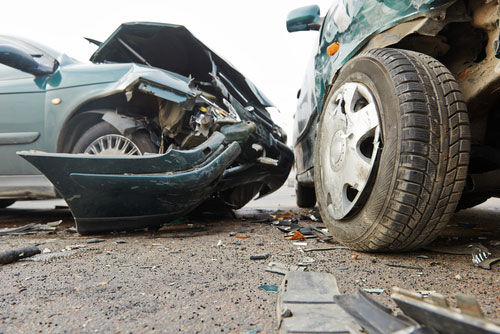
3 Vehicle Documents You Should Have in Your Car
Day-to-day life can be hard to keep organized, so we’ll make the first list easy on you. Here are the three most important documents that you should always have on you when driving.
1. Driver’s License
For many, this is a no-brainer. But, when was the last time that you checked to make sure that your license is still in your wallet, purse, or glovebox? Might as well double check now.
Remember, your license proves to authorities that you’re legally certified to drive. If you are caught driving without a license, the first offense (just the first) can be a fine up to $200.
2. Vehicle Registration
Vehicle registration shows that you have the right to be driving the car you’re in. It means that you or a family member owns the vehicle. Leave this in your glovebox and don’t remove it!
3. Proof of Insurance
In the case of a collision, you definitely want to have insurance. In fact, you need proof of insurance even for a simple speeding ticket.
Nowadays, insurance companies sell insurance online. We suggest printing your insurance card and leaving it next to your vehicle registration in the glovebox.
Okay, so you’re confident in your driving documents. But, do you know what you should do in case you’re in a collision with another car?
5 Steps to Remember if You Are in a Car Crash
1. Assess and Stay Safe.
Being in a car crash means that your adrenaline will be running. Take the time to breathe and assess the situation. Is everyone in the car okay? Do you think someone may be injured?
After an accident, your safety and your passengers’ safety are paramount. This includes road-side safety. Just because the collision is over does not mean that you’re in the safest spot to get out of the car. Stay in your vehicle until you ensure that you can safely exit the vehicle.
Be careful of the other driver, too. Collisions are stressful. If the other driver seems angry or tense, wait for officials to arrive before interacting. Stay in your car if you need to.
2. Call Authorities.
After assessing the situation, call the police. If you think someone may be injured, call for medical assistance.
Once the authorities arrive, you’ll need to recount what happened during the collision. Which leads us to #3 on our list.
3. Complete a Police Report.
While completing a collision police report, try to stay calm and remember the events that led to the car wreck.
Also, remember to officially report any damage that may have happened to the exterior and interior of your car.
4. Document the Damage Yourself.
We suggest that you take your own photos of the collision. You should also write down everything that you remember directly following the accident.
Keep all official documentation associated with the car crash, including medical visits.
5. Exchange Information and Call Insurance Companies.
You should exchange insurance with the other vehicle owner in the collision. At this moment, you should also notify your insurance company of the accident.
Once this is done, you can discuss the options for repairing your/their car.
Chances are you have already witnessed a collision on the road. Did you know that you can help in these situations if you choose to?
3 Steps in Witnessing a Car Accident
1. Decide if you Want to Help.
First and foremost, decide if you would like to help or not. You should know that you are never required to get involved in any car accident you witness.
2. Call the Proper Authorities
If you decide to help as a witness, you should start by calling the authorities. This means the police and/or medical professionals in case of an emergency.
We don’t suggest that you get involved with those involved in the collision unless you feel it is vital.
In case you do, you are protected by the Good Samaritan Law in Texas. This law states that if you try (in good faith) to help an individual in an emergency, they cannot sue you later in civil damages.
3. Fill Out a Witness Report
You can be important in helping officials and insurance companies understand who was at fault during the accident. You’ll need to provide an objective account of what happened during the collision.
We provided you with a lot of information regarding your safety in the event of a collision. Take the time to make sure you know what documents you need and steps you should take if it happens to you.
Need mechanical repairs after a car crash? Contact Northwest Auto Center of Houston today. We offer fair, affordable pricing to help you get back on the road.

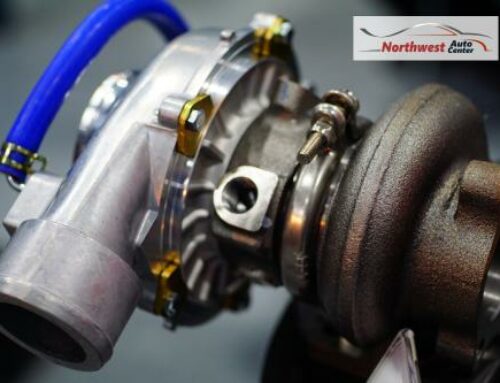
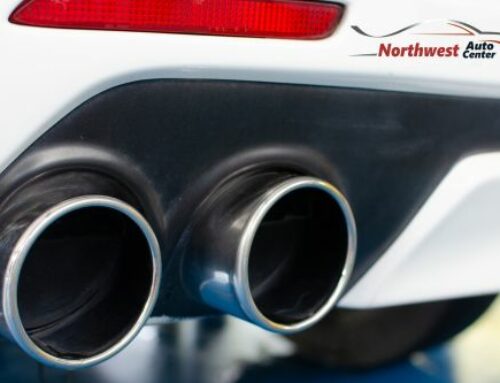
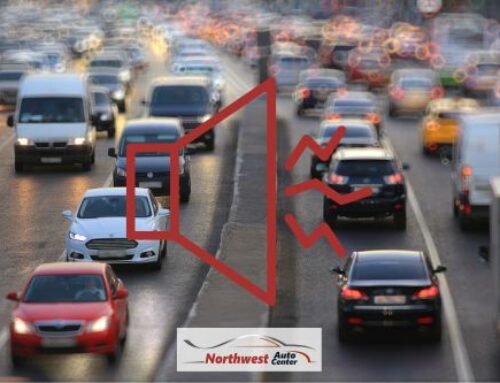
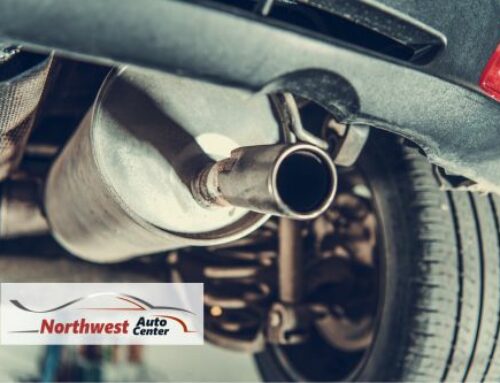

Leave A Comment
You must be logged in to post a comment.